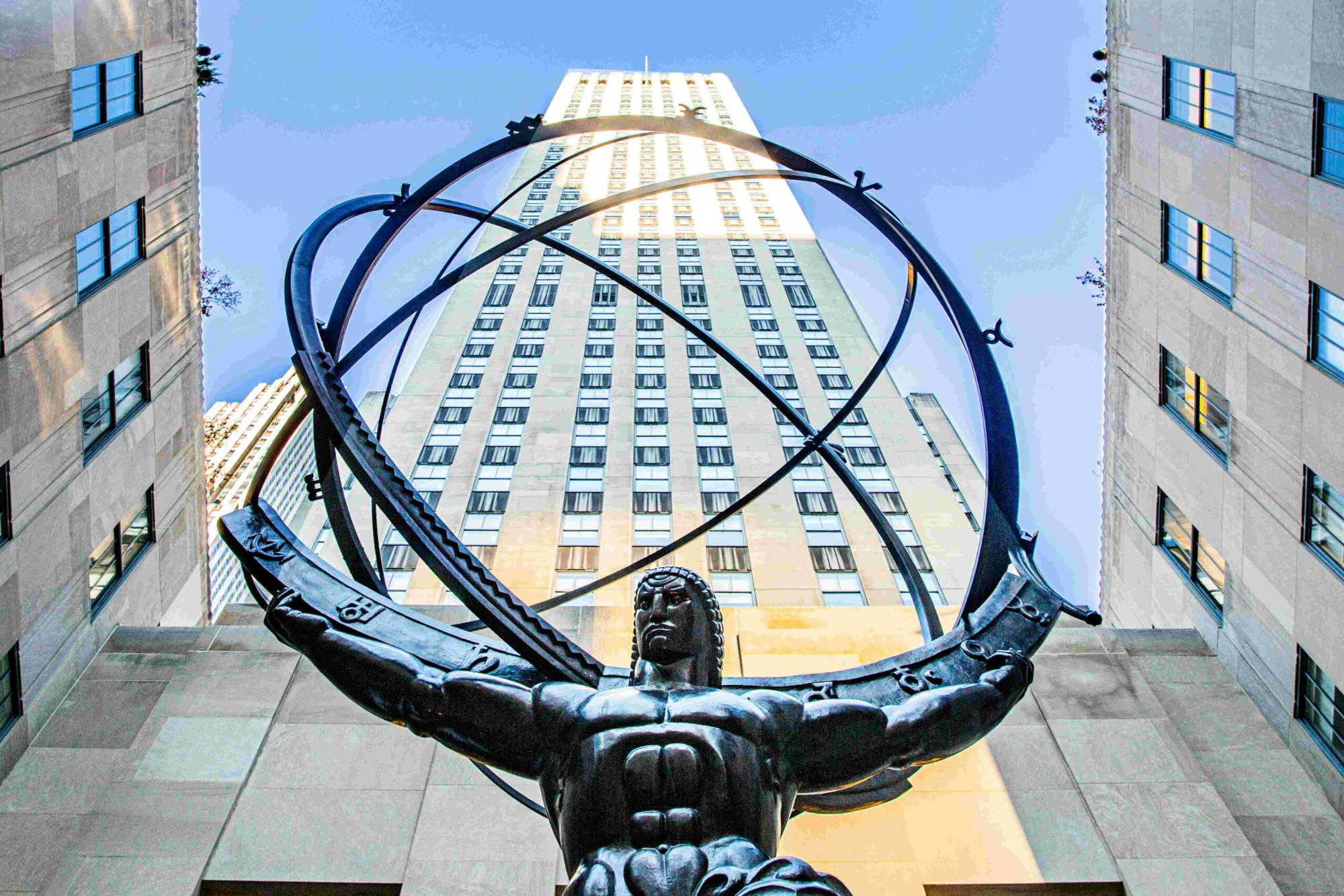Prudential UK: Rebuilding a mighty business
In the mid-1980s, Prudential completely dominated the UK insurance market. Fifteen years later it was in grave danger of becoming irrelevant, and then things got worse with the post 9/11 collapse of stock markets and the ensuing downfall of its major product (“with profits” insurance). Led by a new CEO, Mark Wood, Prudential UK’s management team embarked on a four-year rebuilding journey. The company was fragmented and had lost its direction. The product mix and distribution channels needed to be overhauled, as did the customer service systems and philosophies. The company had zero partnerships. And the corporate culture resembled that of a “country club”. Yet, being in the insurance sector, the company had to continue projecting a reassuring image. This severely constrained the possibilities of making the case for change. Nevertheless, in the space of four years, Mark Wood and his team refocused the company, restored its pride and brought it back among the contenders. It emerged with solid assets – outstanding service, genuine innovation, funds for growth and improved relations with clients, IFAs and the regulator. It created options for itself.
The case focuses on the managerial and leadership aspects of a large-scale restructuring. It features some classic turnaround aspects, but also some unusual ones: 1) the rotating appointment of a “quartermaster” to drive performance in each quarter; 2) a leadership story that projects employees forward 1000 days; 3) regular periods of reflection time as a team; 4) the development of an internal business transformation capability, which involved up to 15 per cent of the workforce working off-line on change projects full-time. The case also raises issues around institutionalizing change.
Cranfield University
Wharley End Beds MK43 0JR, UK
Tel +44 (0)1234 750903
Email [email protected]
Harvard Business School Publishing
60 Harvard Way, Boston MA 02163, USA
Tel (800) 545-7685 Tel (617)-783-7600
Fax (617) 783-7666
Email [email protected]
NUCB Business School
1-3-1 Nishiki Naka
Nagoya Aichi, Japan 460-0003
Tel +81 52 20 38 111
Email [email protected]
IMD retains all proprietary interests in its case studies and notes. Without prior written permission, IMD cases and notes may not be reproduced, used, translated, included in books or other publications, distributed in any form or by any means, stored in a database or in other retrieval systems. For additional copyright information related to case studies, please contact Case Services.
Research Information & Knowledge Hub for additional information on IMD publications
in I by IMD
Research Information & Knowledge Hub for additional information on IMD publications
Research Information & Knowledge Hub for additional information on IMD publications
Research Information & Knowledge Hub for additional information on IMD publications
Research Information & Knowledge Hub for additional information on IMD publications
in I by IMD
Research Information & Knowledge Hub for additional information on IMD publications
Research Information & Knowledge Hub for additional information on IMD publications
Research Information & Knowledge Hub for additional information on IMD publications
Research Information & Knowledge Hub for additional information on IMD publications
Research Information & Knowledge Hub for additional information on IMD publications
Research Information & Knowledge Hub for additional information on IMD publications








